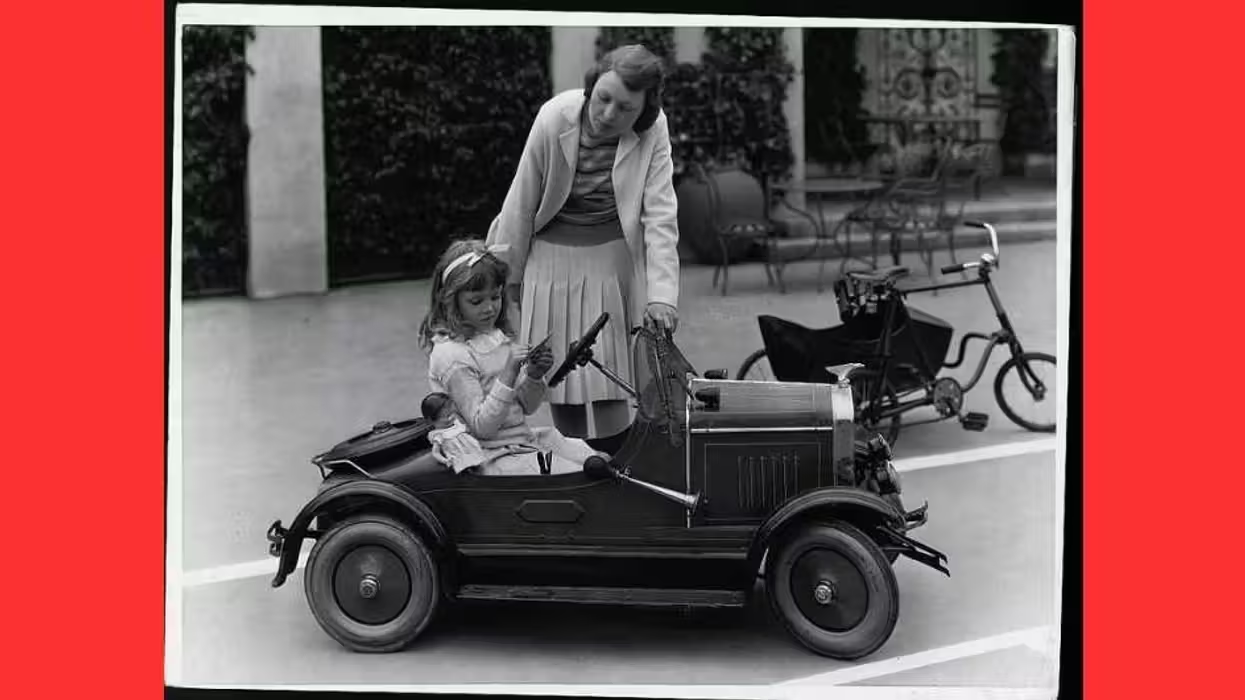
© 2025 Blaze Media LLC. All rights reserved.
Scientific First: Human Skin Cells Transformed Into 'Young,' Beating Heart Cells
May 23, 2012
"...the equivalent to the stage his heart cells were in when he was just born."

In a breakthrough for regenerative medicine, scientists have taken skin cells from elderly patients with damaged hearts and made them into heart cells as new and young as those that would have been present when the patient was born.
(Related: 'Human body parts store': Lab growing synthetic parts for transplant)
The Guardian reports the team at the Technion-Israel Institute of Technology took skin cells from a 61 and 51-year-0ld patient -- both of whom had suffered heart attacks -- and "infected" the cells with a virus that had genes for pluripotency, or a state of cells that are undifferentiated. From there the cells were developed into heart cells. The other genes and virus that were inserted into what had once been skin cells were removed.
These new cells were tested by putting them into rat hearts. Researchers found they beat in time with the rat's own cells, showing that an improvement in heart function could occur with these new cells. Researchers told the Guardian if they beat irregularly with the other heart cells, no improvement would be seen and an arrhythmia could result.
(Related: FDA using 'interstate commerce' to regulate your stem cells as a drug)
Watch the heart cells beat in a video here.
The Guardian has more from the researchers on the value of this study:
"We have shown that it's possible to take skin cells from an elderly patient with advanced heart failure and end up with his own beating cells in a laboratory dish that are healthy and young – the equivalent to the stage his heart cells were in when he was just born," said Lior Gepstein, a cardiologist at Technion-Israel Institute of Technology in Haifa.[...]
"More people are surviving following a heart attack than ever before and therefore the number of people living with a damaged heart and heart failure is increasing," said Nicholas Mills, a consultant cardiologist at Edinburgh University. "Unfortunately, the body has only very limited capacity to repair the heart following a heart attack. There is therefore an urgent need to develop effective and safe treatments to regenerate the heart."
"This technology needs to be refined before it can be used for the treatment of patients with heart failure, but these findings are encouraging and take us a step closer to our goal of identifying an effective means of repairing the heart and limiting the consequences of heart failure," he added.
Fox News explains that since these "human-induced pluripotent stem cells" are taken from the patient's own body, there is less of a risk for rejection.
Although encouraged by what they have found, it could still be upwards of a decade before this treatment would be available to the public. Among the tests for safety and efficacy, the Guardian reports other concerns include reprogramming cells resulting in tumors. It also states that developments would need to be made to mass produce cells in this manner since since about 1 billion cells are damaged in a heart attack. Gepstein told Fox that the human heart has about 4 billion cells in total.
This research was published in the European Heart Journal.
(H/T io9)
Want to leave a tip?
We answer to you. Help keep our content free of advertisers and big tech censorship by leaving a tip today.
Want to join the conversation?
Already a subscriber?
more stories
Sign up for the Blaze newsletter
By signing up, you agree to our Privacy Policy and Terms of Use, and agree to receive content that may sometimes include advertisements. You may opt out at any time.
Related Content
© 2025 Blaze Media LLC. All rights reserved.
Get the stories that matter most delivered directly to your inbox.
By signing up, you agree to our Privacy Policy and Terms of Use, and agree to receive content that may sometimes include advertisements. You may opt out at any time.






